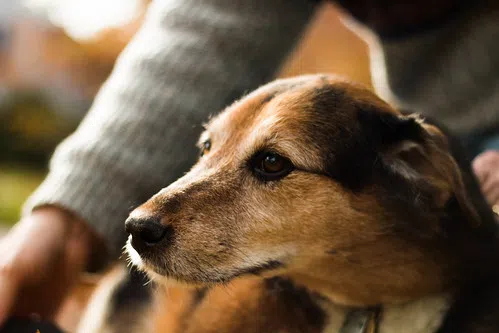Hastings Prince Edward Public Health is encouraging local residents to keep their pets away from wild birds.
The news comes, as a dog in Oshawa died from Avian Influenza (H5N1) after chewing on a wild goose.
Local health officials say in a statement that by keeping pets away from wild birds, it will help reduce the risk of transmission of the avian flu.
Here is the notice from the health unit today:
Can avian flu infect humans?
- Avoid direct contact with wild birds and other wild animals.
- Observe them only from a distance.
- Contact your local municipality and the Canadian Wildlife Health Cooperative online or by calling 1-800-567-2033 to report ill or dead birds/animals.
- If contact with a dead bird or animal is unavoidable, wear gloves, place the bird/animal in a doubled plastic bag and tie it closed. Avoid contact with blood, body fluids and feces. You should then wash your hands with soap and warm water.
- Wash hands thoroughly with soap and water after touching any bird feeders, bird baths or any potentially contaminated areas.
- Consider removing backyard bird feeders and bird baths.
- If they can’t be fully removed, place them as far from family pets as possible and clean with a bleach and water solution (one-part bleach to nine-parts water) at least once every two weeks.
- Keep family pets away from birds and fecal matter. Keep cats indoors and dogs on a leash to limit the potential for an encounter with an infected bird.
- Do not attempt to rescue birds in distress, especially on any bodies of water.
- If you become ill with influenza symptoms (e.g., fever, cough, sore throat) within 10 days after handling wild birds or other wildlife, see your health care provider. Inform your healthcare provider that you have been in contact with wildlife.
Additional information about avian flu is available through the Ministry of Health, the Public Health Agency of Canada, the Canadian Wildlife Health Cooperative, and Hastings Prince Edward Public Health.








Comments